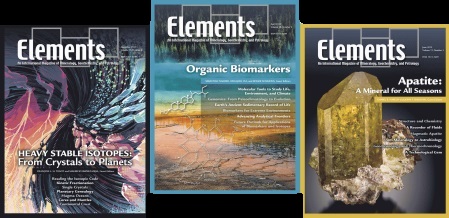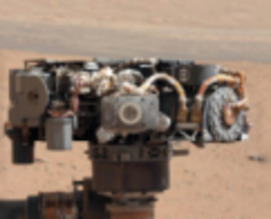In Situ Compositional Measurements of Rocks and Soils with the Alpha Particle X-ray Spectrometer on NASA’s Mars Rovers
The Alpha Particle X-ray Spectrometer (APXS) is a soda can–sized, arm-mounted instrument that measures the chemical composition of rocks and soils using X-ray spectroscopy. It has been part of the science payload of the four rovers that NASA has landed on Mars. It uses 244Cm sources for a combination of PIXE and XRF to quantify 16 elements. So far, about 700 Martian samples from about 50 km of combined traverses at the four landing sites have been documented. The compositions encountered range from unaltered basaltic rocks and extensive salty sandstones to nearly pure hydrated ferric sulfates and silica-rich subsurface soils. The APXS is used for geochemical reconnaissance, identification of rock and soil types, and sample triage. It provides crucial constraints for use with the mineralogical instruments. The APXS data set allows the four landing sites to be compared with each other and with Martian meteorites, and it provides ground truth measurements for comparison with orbital observations.


